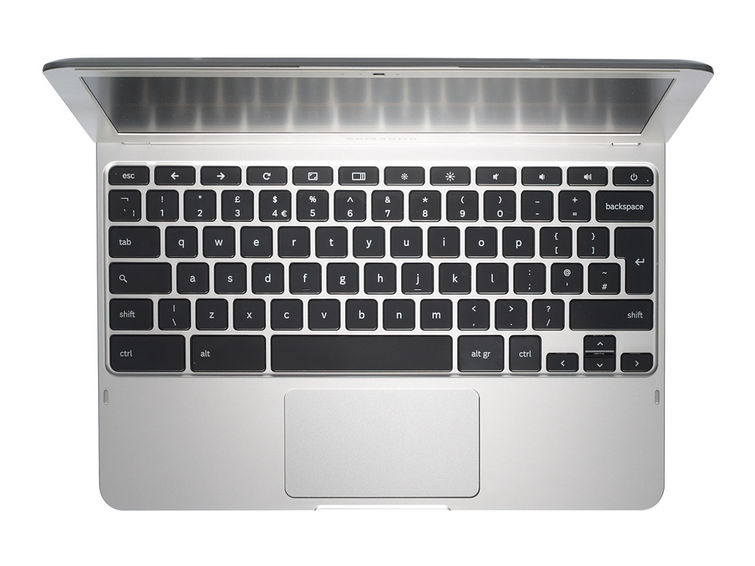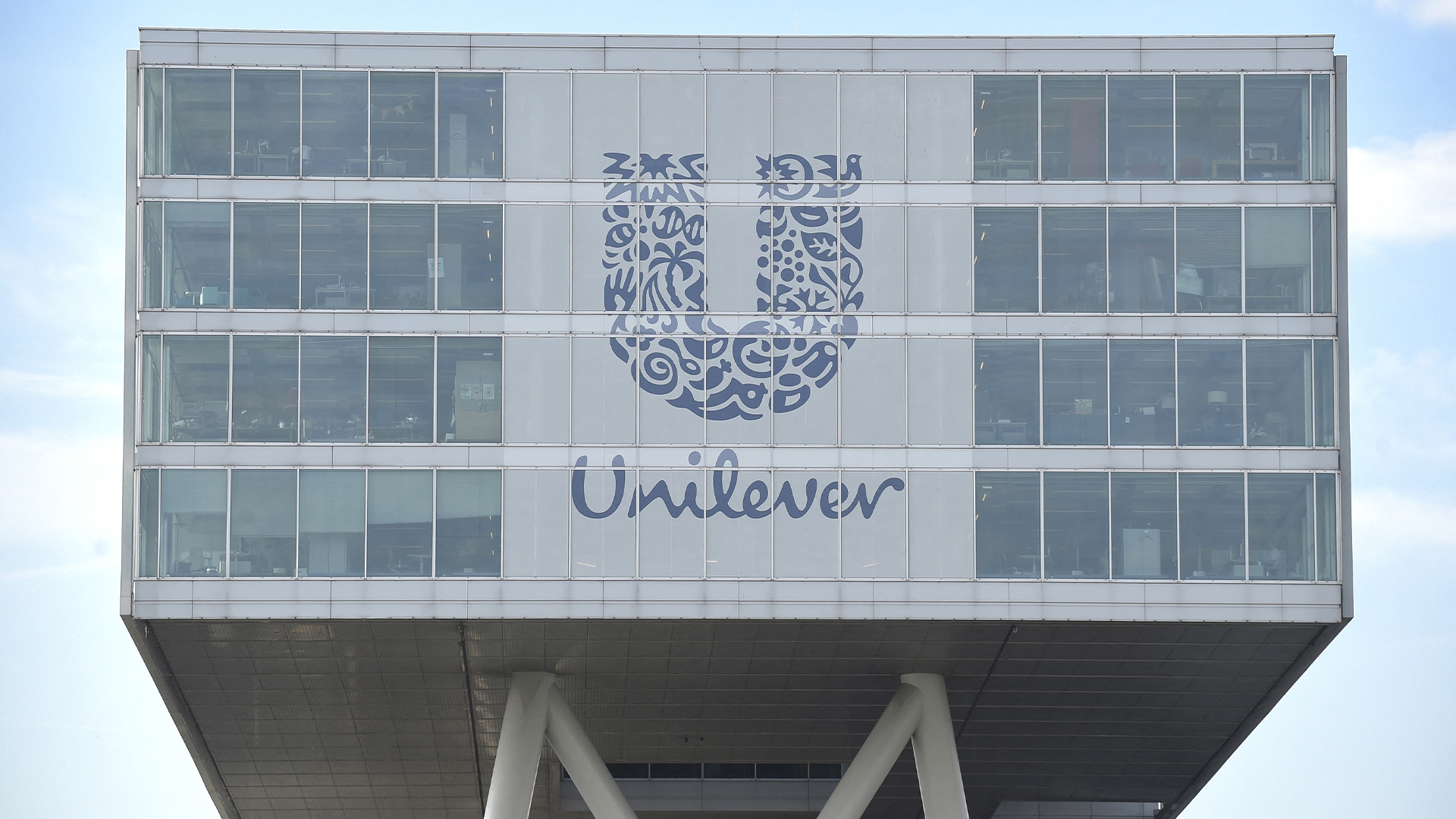Samsung Chromebook review
Google is a targeting the business market claiming huge TCO savings over traditional PCs. But are these £229 machines viable?
Cheap and cheerful - the Chromebook is a bargain for those who just need a device for basic word processing tasks and to browse the web. We can see why it’s taken off in the education market. Despite it appearing to be more secure than the Android platform, we find hard to recommend the Chromebook at this time for business use as the functionality remains limited.
Design
The Chromebook looks like a MacBook from afar with its silver finish and thin profile (17.5mm). On closer inspection, it's clear the build quality is nowhere near as high-end. Samsung has used plastic to keep the cost down to 230.
Another area where Samsung has kept the budget down is the display. The 11.6in screen packs a bog standard 1366 x 768 resolution and a maximum brightness of just 219cd/m2, which is outdone by many smartphones such as the iPhone 5 and BlackBerry Z10. The Chromebook is not going to provide you with the best multimedia experience, but it's adequate for document creation and web browsing.
The keyboard is one of our favourite features. Samsung has gone with island keys - again resembling the look of a MacBook. Each letter has a couple of millimetres of travel, making it comfortable to type on. Our only gripe is that they do make a loud clicking sound when pressed.
The keyboard also differs from the standard layout found on a PC. Instead of the function keys running along the top row, Google has included its own shortcuts to help you get the most out of the OS.

The Esc key is one of the few recognisable shortcuts which retains its place in a familiar position - the top left hand corner. The rest of the row made up of keys designed to be used when web browsing. There are 'back' and 'forward' buttons, as well as keys to refresh, resize, switch apps and control volume and brightness. There is no "delete" key on the Chromebook, which did irk us as we are so used to having this when using a PC keyboard.
The trackpad is not as enjoyable to use - it feels cheap and has a tad too much flex in it.
Hardware
Samsung has used its own Exynos 5 dual-core processor with a clock speed of 1.7GHz to power the Chromebook. The ARM-based design is found in smartphones and tablets, so it's not ideal for heavy duty tasks even though it is paired with 2GB of RAM. Although we found the device is capable of streaming content from the internet without too much of a problem, once you start opening multiple windows and applications there is a noticeable slow-down.
Sign up today and you will receive a free copy of our Future Focus 2025 report - the leading guidance on AI, cybersecurity and other IT challenges as per 700+ senior executives
Samsung has packed in a 16GB SSD to ensure rapid booting. The device will be ready to use in 10 seconds from a cold start and resumes in a rapid-fire 2 seconds from sleep.
Google recognises that 16GB of space is not much when it comes to storing content, so the firm has supplemented this with 100GB of cloud storage - free for 2 years. After the expiry period users will still be able to access, download and share files, but you'll have to purchase more storage if you want to add any more. Samsung has also built in an SD card reader so it is possible to use external storage when you don't have an internet connection.
With its reliance on being connected to the web - it's a surprise that an Ethernet jack has been omitted from the final design. This has likely been done to keep the thickness of the device down, and means you'll have to rely on Wi-Fi connections.
In terms of connections, there is a single USB 3 port, a USB 2 port and HDMI output. Other connectivity includes Bluetooth 3, and optional 3G connectivity for those who will require internet on the move.
-
 Anthropic promises ‘Opus-level’ reasoning with new Claude Sonnet 4.6 model – and all at a far lower cost
Anthropic promises ‘Opus-level’ reasoning with new Claude Sonnet 4.6 model – and all at a far lower costNews The latest addition to the Claude family is explicitly intended to power AI agents, with pricing and capabilities designed to attract enterprise attention
By Rory Bathgate Published
-
 Researchers called on LastPass, Dashlane, and Bitwarden to up defenses after severe flaws put 60 million users at risk – here’s how each company responded
Researchers called on LastPass, Dashlane, and Bitwarden to up defenses after severe flaws put 60 million users at risk – here’s how each company respondedNews Analysts at ETH Zurich called for cryptographic standard improvements after a host of password managers were found lacking
By Nicole Kobie Published
-
 ‘We must lead this shift’ Unilever taps Google Cloud to supercharge business transformation and pioneer 'agentic commerce'
‘We must lead this shift’ Unilever taps Google Cloud to supercharge business transformation and pioneer 'agentic commerce'News The deal will create a new model for how consumer packaged goods brands are discovered and bought, according to Unilever
By Emma Woollacott Published